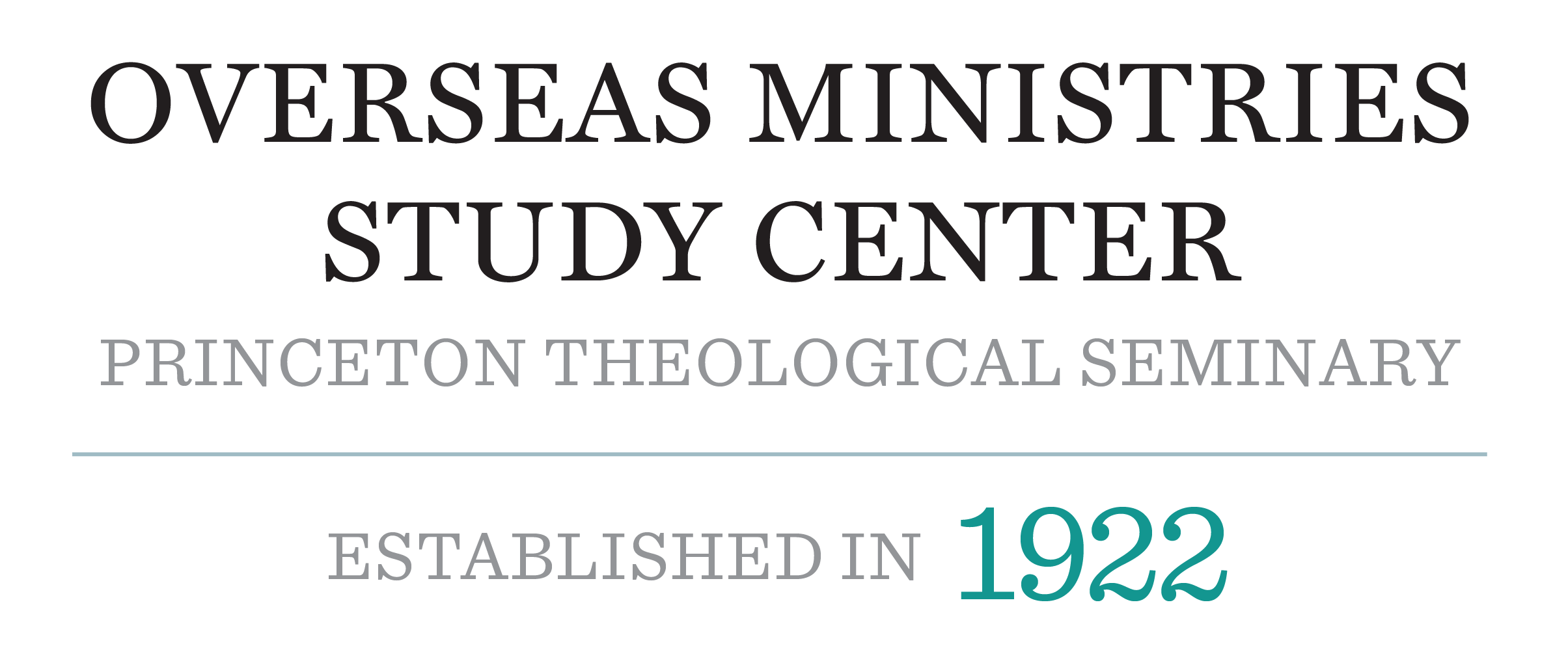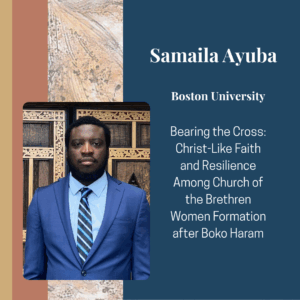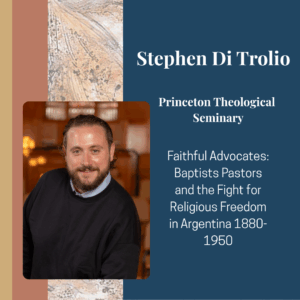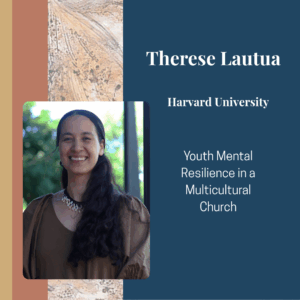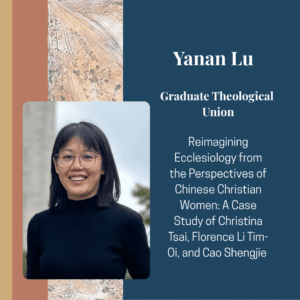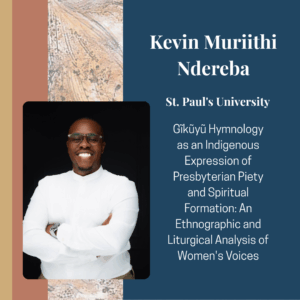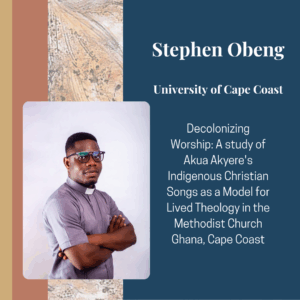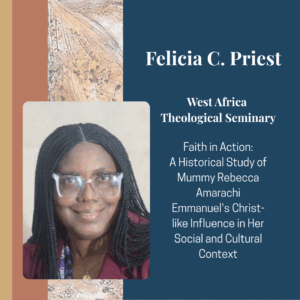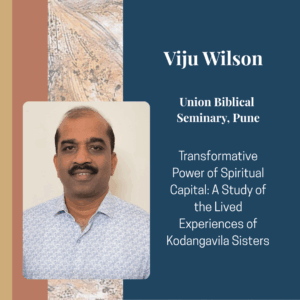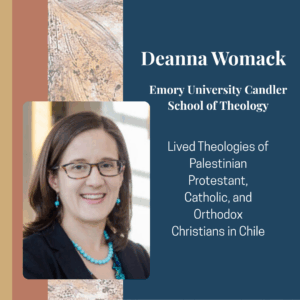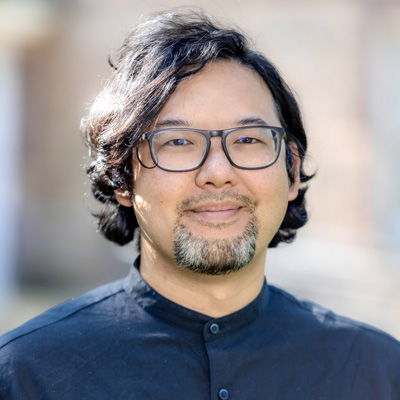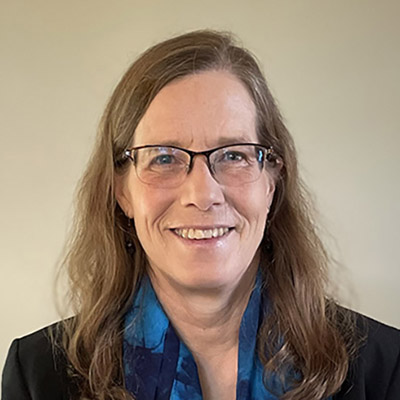Afua Kuma-Dora Yu Paper Prize
Description & Call for Proposals
INTRODUCTION
Dedicated to amplifying the voices of the world Christian movement, the Overseas Ministries Study Center at Princeton Theological Seminary (OMSC@PTS), in collaboration with the Global Spiritual Formations Project funded by the Templeton Religion Trust and administered by the Nagel Institute for the Study of World Christianity, invites proposals for OMSC@PTS’s inaugural Afua Kuma – Dora Yu Paper Prize dedicated to the study of lived theology and Christ-like formation in the contexts of Africa, Asia, Latin America, and Oceania.
PURPOSE
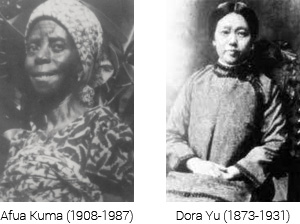 The purpose of this prize is to seed and grow research into the Church’s lived experiences of discipleship and formation in Africa, Asia, Latin America, and Oceania and to translate them into contextually rich theological accounts of what it means to be “Christ-like” amidst the diverse contemporary challenges and opportunities of the world Christian movement.
The purpose of this prize is to seed and grow research into the Church’s lived experiences of discipleship and formation in Africa, Asia, Latin America, and Oceania and to translate them into contextually rich theological accounts of what it means to be “Christ-like” amidst the diverse contemporary challenges and opportunities of the world Christian movement.
This prize is named in honor of Afua Kuma (1908-1987) and Dora Yu (1873-1931), two exceptionally gifted women who dedicated their lives to exhibiting the character of Christ in their mission and ministries across West Africa and East Asia, respectively.
This work is thus dedicated to raising new cohorts of scholars who will advance similar studies of Christ-likeness exhibited across the world church’s many traditions and expressions.
2025 Awardees
PRIZE DETAILS
- The twelve winners of the paper prize will be awarded a sum of $2,500 (USD) each to support their research over the course of one year (2025-2026 academic year).
- Funds should be dedicated to qualitative fieldwork, quantitative data collection, and/or archival research, plus the associated costs therein (travel, lodging, and board).
- Funds cannot be used to support everyday living expenses or costs associated with studies, such as tuition fees.
- Winners will benefit from advanced review and feedback on their paper drafts from established mentors to prepare their work for presentation at an appropriate academic conference (e.g., Princeton Seminary World Christianity Conference, Yale-Edinburgh World Christianity Conference, International Association of Mission Studies, American Society of Missiology, Ecclesiological Investigations)
- Winners will be provided a modest travel stipend to attend and participate in a paper symposium and workshop with other prize winners during the summer of 2026, with exact dates and location to be determined.
- Completed and peer-reviewed papers will be considered for published in two special issues of the International Bulletin of Mission Research in 2027.
RESEARCH ORIENTATIONS: SOME ADDITIONAL GUIDELINES
This paper prize assumes a methodological orientation that integrates sociological, anthropological, and historical research with theological reflection and construction that characterizes lived theology. Lived theology is an emerging approach in theological scholarship that emphasizes the theological quality of lived experiences and seeks to articulate the relationship between theological beliefs and their social and cultural settings in ways that enrich both our knowledge of the church and of God’s presence at work in the world.
Research projects should, therefore, include a grounded component that connects theological principles with the lives of the church in the world. This can include, but are not limited to…
- historical studies of individuals or communities that exhibited Christ-likeness in the social and cultural conditions of their time,
- qualitative studies of contemporary communities or institutions negotiating and expressing their faith in public life,
- and/or quantitative studies that highlight trends and patterns in formation and discipleship. Contexts of study should be specific to regions, cultures, and/or traditions from Africa, Asia, Latin America, Oceania, and their diaspora.


